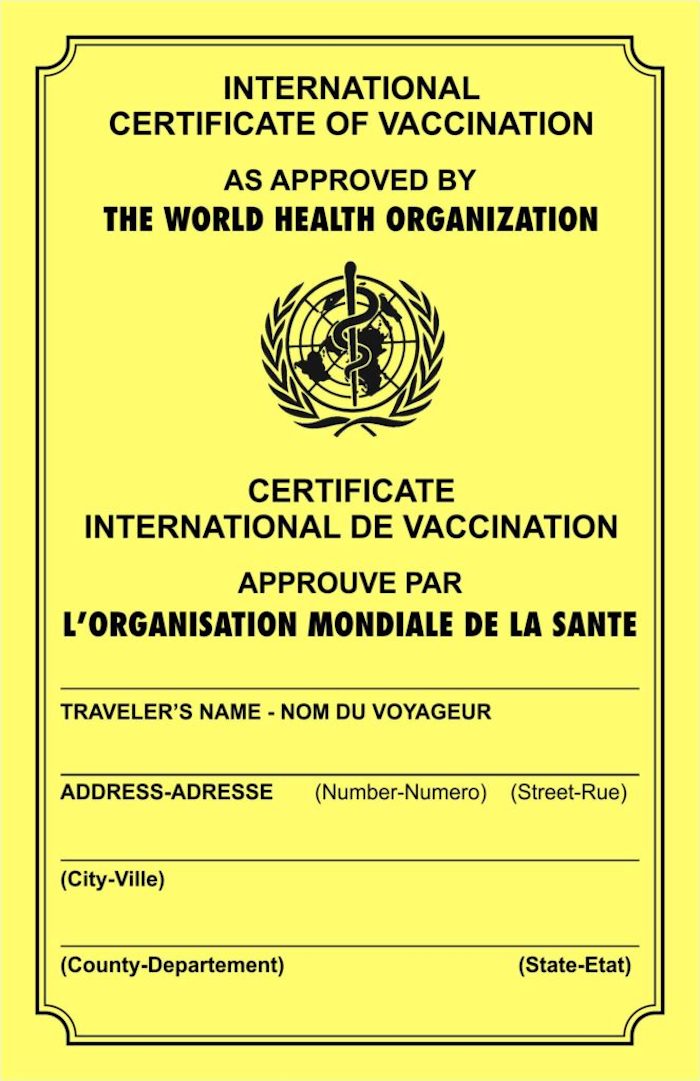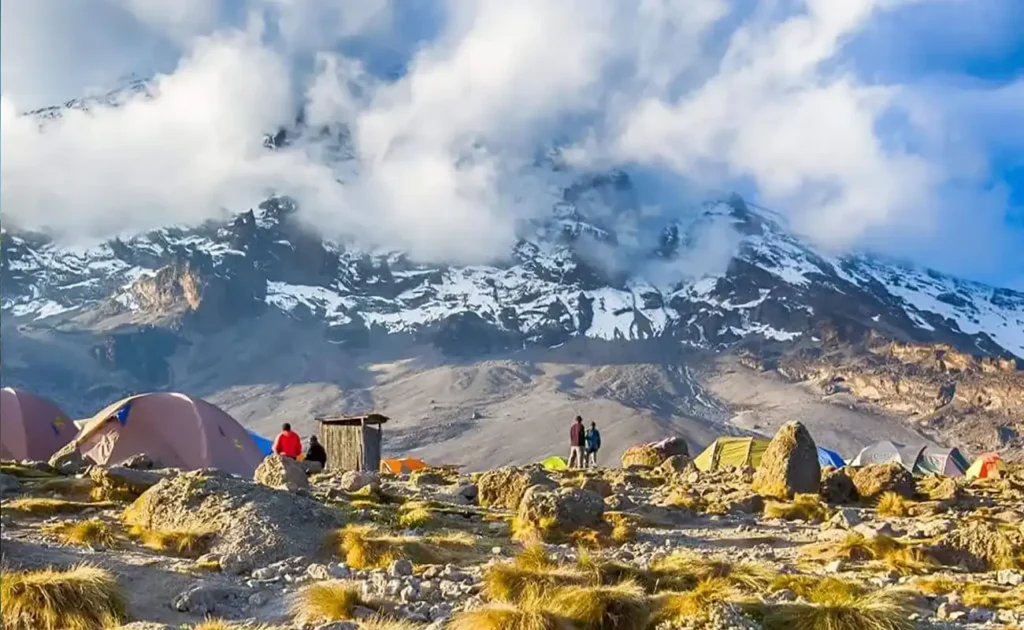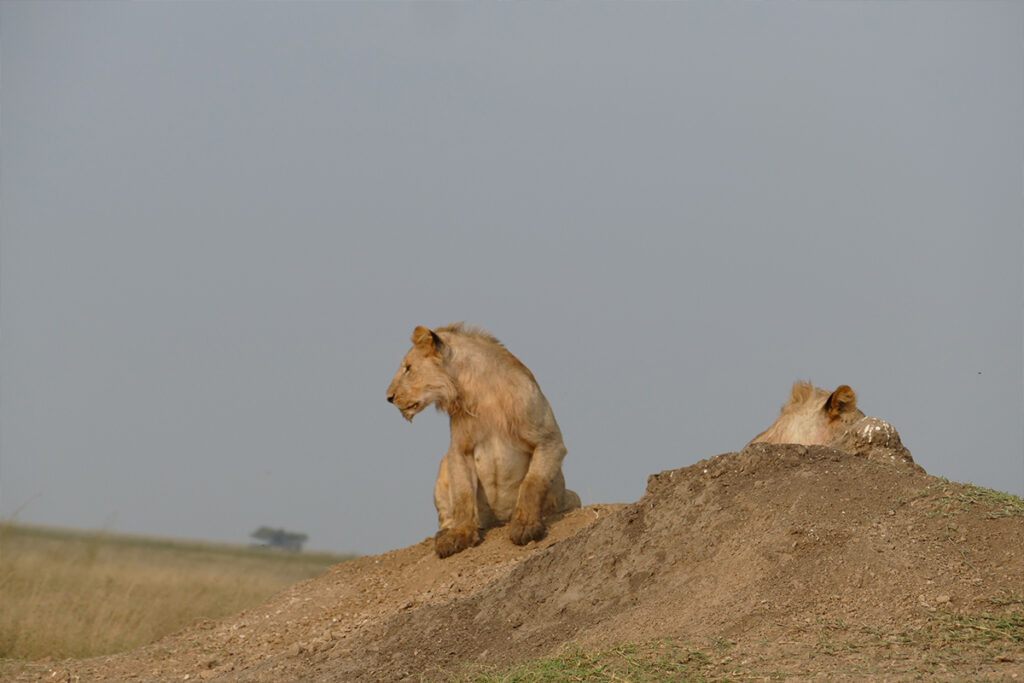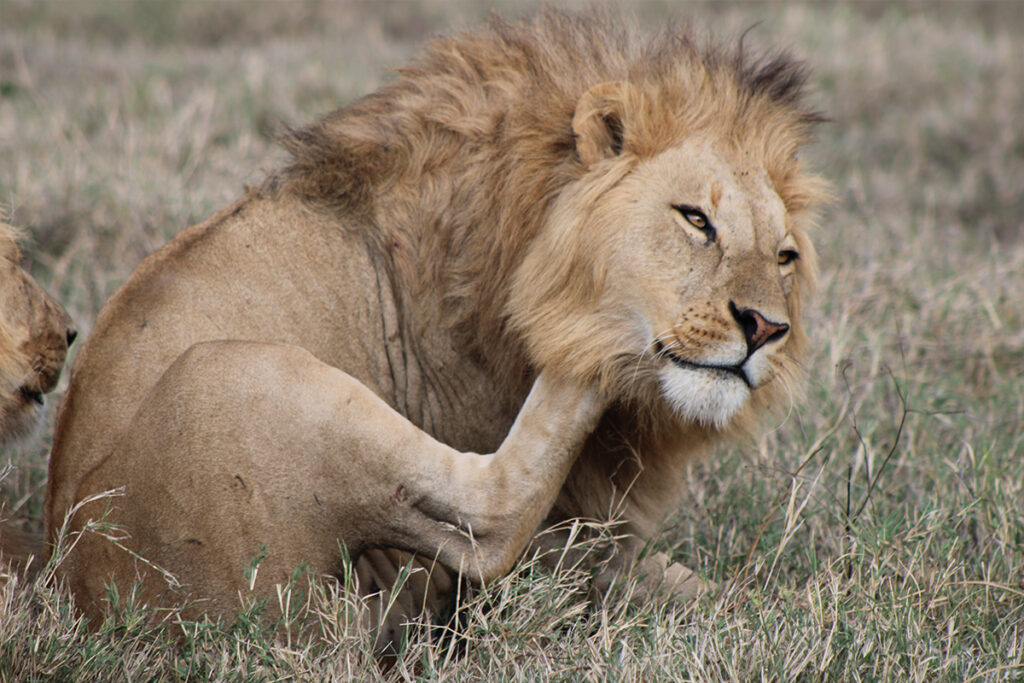Planning a safari in Tanzania? It’s crucial to arm yourself with the right vaccinations to ensure a safe adventure. Not only does this protect you from serious diseases, but it also contributes to the health of the local communities.
One of the most vital vaccinations is against Yellow Fever, which has been a requirement for travelers entering Tanzania. Additionally, immunizations for hepatitis A and B, typhoid, and rabies are highly recommended. Preventive measures such as malaria prophylaxis are also essential, given the high prevalence of malaria in the region.

Essential Vaccinations for Tanzania Safari
Before embarking on a safari in Tanzania, getting the right vaccinations is crucial. The Yellow Fever vaccine is often required for travelers heading to Tanzania. This is because the disease can spread quickly in areas with mosquitoes. According to this post, proof of vaccination might be necessary upon entering the country. Having your yellow card ready could save you time at the border.
Another important vaccine is for Hepatitis A, which protects against food and water-related outbreaks. While Tanzania offers amazing street food, it’s vital to be safe. Hepatitis A can spread through contaminated food, making vaccination the smart choice. Typhoid vaccines also help prevent similar infections. Many health organizations recommend getting both shots before traveling.
Rabies vaccines can be another consideration, especially if you plan on getting close to wildlife. Animals like monkeys and bats might carry the disease. Though not common, rabies is serious and can save lives. Vaccination also ensures a stress-free travel experience. Knowing you’re protected allows you to enjoy the safari more.
To play it safe, consult a healthcare professional well in advance. Personalized advice is key, considering individual health needs. The CDC and WHO offer up-to-date guidelines, which can help in decision making. For more insights, explore here is the article which delves into the safari experience. Following these steps prepares you for a healthier journey.
Key Vaccines and Their Importance
The Yellow Fever vaccine tops the list for any traveler heading to Tanzania. This vaccine is crucial due to the presence of mosquitoes that can transmit the virus. In some regions, a Yellow Fever vaccination certificate is a necessity, especially for those arriving from high-risk zones. Without it, entry into the country might be denied. This makes the vaccine not only a health precaution but a travel requirement too.
Hepatitis A and typhoid vaccines are also recommended for those traveling to areas where sanitation might be poor. These bacterial infections can spread through food or water, and getting vaccinated is a simple way to avoid them. While enjoying the local cuisine and environment, having these vaccines offers peace of mind. Immunization helps you savor every moment without worry. They truly are a ticket to a worry-free adventure.
For many explorers, rabies might not seem like a major concern at first. However, in rural areas or during wildlife encounters, it’s wise to be prepared. Rabies is often contracted from animal bites or scratches. The vaccine is a preventative measure, especially if you’re an animal lover planning to get close to local wildlife. Investing in the rabies vaccine could prevent a rare but serious health event.
Malaria is another risk in Tanzania, making malaria prophylaxis an essential consideration. Mosquito bites can transmit this illness, which can be life-threatening. Medications are available to prevent malaria, alongside other protective measures like mosquito nets and repellents. When planning your vaccination schedule, always consult with a healthcare provider. They can tailor advice based on your specific travel itinerary and health needs.
Managing Health Risks in Tanzania
Traveling to Tanzania can be an exhilarating experience, but it also requires caution when it comes to health risks. One of the primary concerns is mosquito-borne illnesses like malaria. To protect against this, travelers should use mosquito nets and repellents. Depending on your travel plans, taking malaria prophylaxis might also be wise. This measure can minimize the risk and enhance peace of mind.
Beyond mosquito-related issues, food and water safety is another critical consideration. Consuming contaminated food or water can lead to diseases such as cholera or traveler’s diarrhea. To stay safe, drink bottled or boiled water and eat well-cooked meals. Street food can be a delightful experience, but choosing stalls with fresh-cooked foods is recommended. Simple precautions can make a big difference.
Sunscreen and sun protection are essentials for anyone visiting the sunny landscapes of Tanzania. Sunburn could sneak up on travelers amidst adventures, so wearing hats and sunglasses is prudent. High-SPF sunscreen applied regularly helps prevent sunburn. Staying hydrated also ensures you enjoy the journey without discomfort. These practices can turn potential risks into non-issues.
Travelers might also want to consider having travel insurance that covers medical emergencies. While it’s not something anyone plans to use, it’s comforting to know it’s there if needed. Access to healthcare can be limited in remote areas, so having a safety net is crucial. Recommendations from previous travelers suggest thorough research on how insurance works in Tanzania. Being informed and prepared can lead to a more relaxing trip.
Tips for Staying Healthy During Your Safari
Staying hydrated is crucial while on a safari in Tanzania. The weather can be hot, and dehydration can sneak up on you. Drink plenty of water throughout the day. Always consider carrying a reusable water bottle. It’s a simple step that makes a big impact on your overall health.
Wearing the right clothing is another important tip. Long-sleeved shirts and pants can protect you from mosquitoes and the sun. Light colors are best as they keep you cool and are less attractive to insects. Comfortable and breathable fabrics enhance your safari experience. Don’t forget sturdy shoes for walking and exploring.
Practicing good hygiene is essential to avoid illnesses. Hand sanitizers can be a lifesaver when soap and water aren’t readily available. Regular hand washing is still the best way to prevent the spread of germs. Pay attention to food hygiene as well. Avoiding raw or undercooked foods can help you steer clear of foodborne illnesses.
Getting enough rest is equally important for your health. Safaris can be tiring, with early morning and late-night activities. Make sure to get a good night’s sleep whenever possible. This ensures you’re alert and can fully enjoy each day. Rest breaks during the day can also be very beneficial.
Don’t skip meals, even when you’re in the middle of an exciting adventure. Proper nutrition helps maintain your energy levels. Pack healthy snacks for the journey to keep hunger at bay. Consider items like nuts, fruits, and energy bars. These small bites can keep you going strong.
Lastly, always have a basic first aid kit on hand. Accidents like minor cuts and scrapes can happen. A first aid kit allows you to treat them quickly. Include things like adhesive bandages, antiseptic wipes, and any personal medications. This precaution keeps small problems from becoming bigger issues.

Frequently Asked Questions
Embarking on a Tanzania safari is an exciting adventure that requires some preparation. Here, we address common queries to ensure a safe and enjoyable experience.
1. What should I pack for a Tanzania safari?
When packing for a Tanzania safari, focus on lightweight and breathable clothing. Consider neutral colors like khaki, which are ideal for blending into the environment. Don’t forget a good pair of binoculars and a camera to capture wildlife moments. Essentials also include a hat, sunglasses, and high-SPF sunscreen to protect against the sun.
It’s wise to bring a first-aid kit with basic medical supplies. A reusable water bottle can help you stay hydrated, and travel documents like passports and medical insurance should be within easy reach. Packing layers is important because temperatures can vary throughout the day. This approach ensures you’re comfortable from morning to night.
2. How safe is it to travel in Tanzania?
Traveling in Tanzania is generally safe, especially when tourists follow local guidelines. Most safari tours are well-organized, minimizing risks as they provide experienced guides. Staying aware of your surroundings and taking standard precautions enhances your safety. It’s advisable to keep your belongings secure and avoid isolated areas.
Visitors are usually warmly welcomed, and respecting local customs can enrich the travel experience. Health and safety measures, such as vaccinations, can also mitigate certain risks. Checking travel advisories before your journey provides up-to-date information. Having contingency plans ensures peace of mind while you explore the stunning landscapes of Tanzania.
3. What is the best time to go on a safari in Tanzania?
The ideal time to visit Tanzania for a safari is during the dry season, from June to October. During this period, wildlife is easier to spot as animals gather around water sources. The Great Migration in the Serengeti usually happens between June and August, offering a breathtaking spectacle.
The rainy season, from March to May, tends to be quieter with fewer tourists. However, some parks might have high grass, making wildlife viewing challenging. Depending on personal preferences and interests, the timing can be adjusted. Both seasons offer unique experiences and abundant opportunities for wildlife photography.
4. Can I drink tap water while on safari in Tanzania?
It’s recommended to avoid drinking tap water while on safari in Tanzania. Instead, opt for bottled or boiled water to stay safe. Contaminated water can lead to illnesses, which might affect your trip. Ensuring that water for brushing teeth or washing fruits is also clean helps maintain good health.
Many lodges and camps provide safe drinking water, and carrying a water filtration bottle can be handy. Being vigilant about water sources, especially in remote areas, minimizes the risk of waterborne diseases. Attention to these details can prevent disruptions to your adventure, allowing you to fully enjoy your safari.
5. What wildlife can I expect to see in Tanzania?
Tanzania is home to a diverse range of incredible wildlife. On safari, expect to see the famed Big Five: lions, elephants, leopards, buffalo, and rhinos. The Serengeti National Park provides a unique opportunity to witness the Great Migration of wildebeest and zebras. Equally captivating are the giraffes, hippos, and cheetahs roaming the savannah.
Besides mammals, Tanzania boasts numerous bird species and reptiles. Visiting different reserves enhances the variety of wildlife encounters. Each park has unique ecosystems that host distinct species. Exploring Tanzania offers a chance to connect with nature, witnessing the beauty and diversity of African wildlife in their natural habitats.



